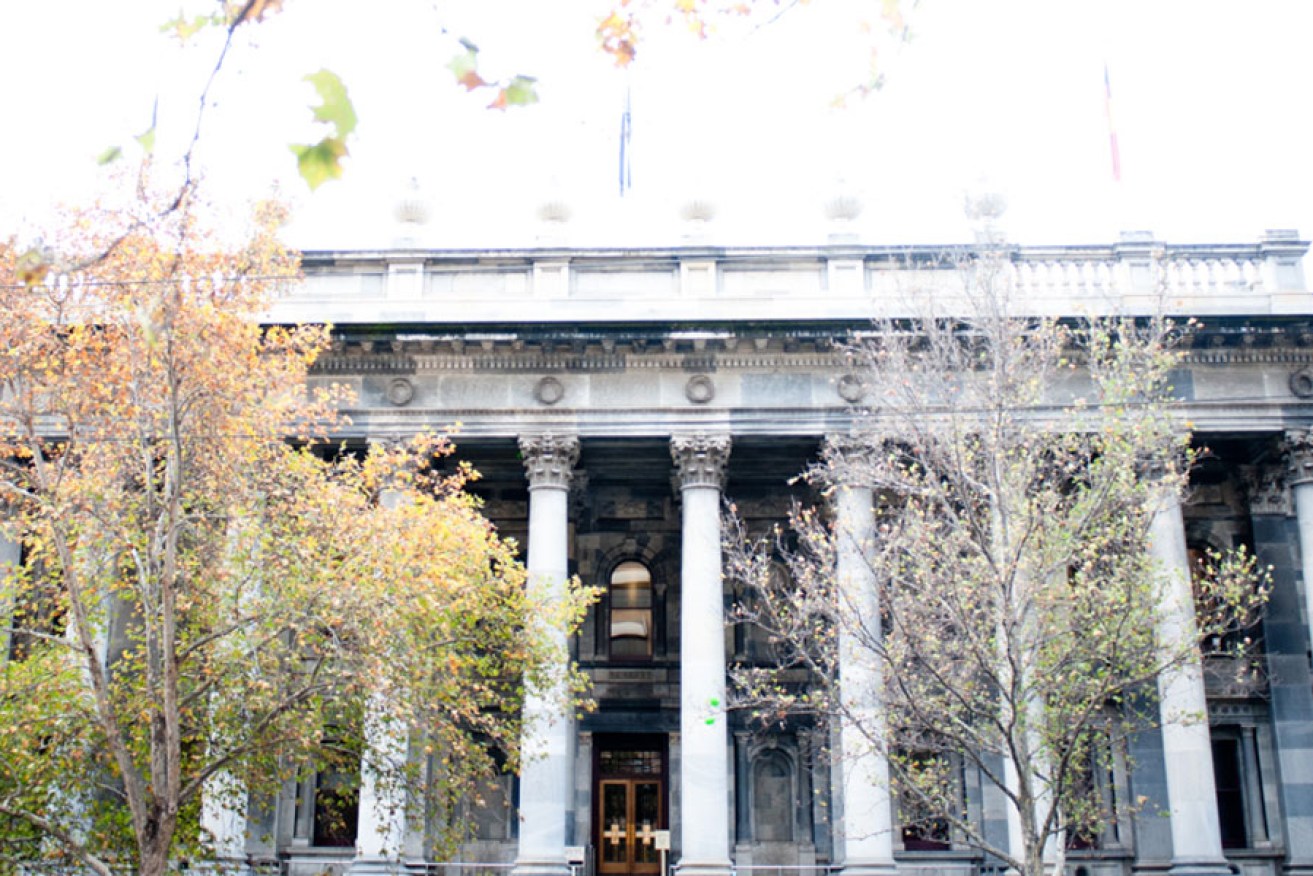When legislators abandon principle


Government legislation threatens the principle of the separation of powers, argues Morry Bailes.
The last 800 years of English and Australian law since the signing of Magna Carta has involved a gradual development of the most important doctrine of Westminster democracy – the separation of powers.
Make no mistake: the strength of our democracy, our freedom of speech and expression, and the health of our organs of government are all owed to this doctrine.
The “powers” are threefold: the power of the elected parliament, which is responsible for legislating and amending law; the Executive which implements the intentions of the government, or puts the law into action; and the judiciary, the courts, who interpret and give effect to the laws of the parliament.
The importance of separation is that in theory and practice no power may compromise the function of another. Thus each is a foil for the other, maintaining balance, independence and preventing “creep” of one power into the territory of another.
Two pieces of legislation have lately placed focus on the doctrine. The first is the “bikies” legislation, now being debated in state parliament. The second is the “citizenship” legislation that has been introduced into the lower house of the federal parliament.
While the two bills are quite different, each raises the question of the role and reach of parliament. In order to ensure the proper use of parliamentary power we have the courts. Every piece of legislation that is passed by parliament must be constitutionally valid. The courts interpret the constitution, whether it be that of the Commonwealth of Australia (the federal constitution) or that of the state of South Australia. The mere fact that South Australia, like other states, donated some of its powers to the newly formed Commonwealth in 1901 does not mean we are not still our own state with our own constitution and, for that matter, our own Westminster system of government.
Our government’s previous attempt to legislate against outlaw motorcycle gangs ended in ignominy after the High Court found it was unconstitutional. Quite aside from the political embarrassment to the government, such errors cost huge sums in legal fees as they spiral upward and into the High Court. This money would be better spent, all would have to agree, in conventional law enforcement.
The previous laws were constitutionally invalid because the legislation attempted to give power to the parliament or a minster while bypassing the courts. Lawyers of all political colours and persuasions universally agree that you can never get into trouble by allowing an appeal or a process – which challenges the use of parliamentary and executive power – to go to the courts. It is a clear example of upholding the doctrine of the separation of powers. Not to do so risks offending that doctrine and introduces questions of constitutional validity.
On the back of legislation from Queensland, which passed the constitutional test, our state government is having another go. However, the SA bill again attempts to bypass the courts and will undoubtedly be met with a further challenge.
Unfortunately, the government has chosen to characterise this debate as being about law and order, when in fact it is about the exercise of parliamentary and executive power. It conveniently ignores its own embarrassing track record in the area.
As to the citizenship debate at a federal level, similar concerns exist. The Federal Government is determined to allow for citizenship to be revoked in certain circumstances. I have no difficulty with that, and precedent exists in law already, however it ought only to be done with the involvement of our courts. The courts should consider such a serious step on a case-by-case basis and with a proper evidentiary hearing. In short, that is not what is proposed.
If not for an attempt to exclude our courts and over-invest in the parliamentary and executive arms of government, the law would likely sail past the constitutional test.
Politicians of both the state and the federal Liberal Party have voiced their concerns about both pieces of legislation. Former state leader Isobel Redmond was the first to argue against the latest bikies legislation. She no doubt did so, not because she is somehow going “soft” on organised crime, but because she saw the principle behind the legislation as being more important than the legislation itself. Similarly one might consider Senator Cory Bernardi an unlikely opponent to the citizenship laws, but in questioning the government line he is highlighting a matter of principle.
Principles are worth everything. The best decision-making is made by stripping something down to principle. Irrespective of the political context, if the principle is correct then the legislation will be. The political myth here is that anyone who opposes the bikie legislation is soft on crime, or that to question the Federal Government’s approach to citizenship is somehow condoning the conquests of terrorists.
The very reason we as a society are able to be a bastion of freedom is because we have defended principles: we have separated the parliament, the executive and the courts and we have separated the affairs of state from the affairs of religion.
Our parliaments must not be permitted to overstep beyond the limits placed on their power. To question the exercise of the power of parliament is not to condone what it is that parliament seeks to eradicate, but to adhere to an ancient doctrine that has abided for eons and which underpins all that we enjoy.
Morry Bailes is the managing partner at Tindall Gask Bentley Lawyers, Member of the Executive of the Law Council of Australia and immediate past President of the Law Society of SA. The opinions expressed in this column are his own.
His column appears every second Thursday.
Disclosure: Morry Bailes is a member of the Liberal Party.





